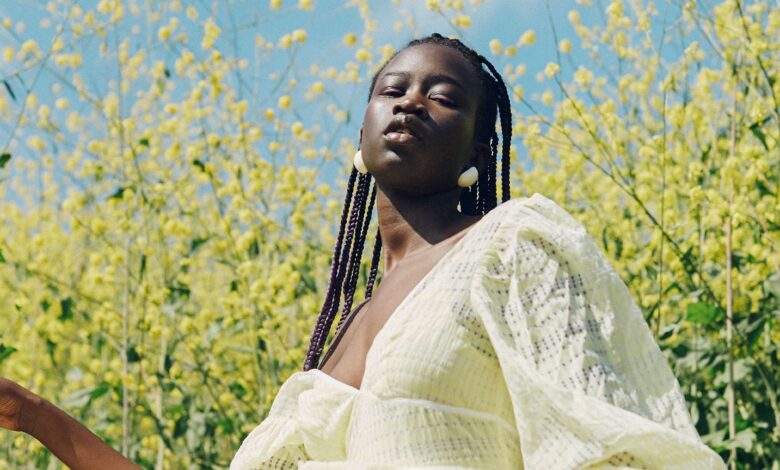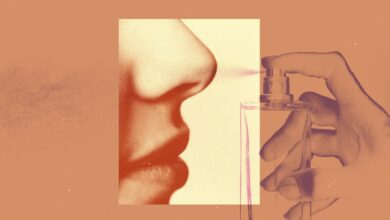
Relaxation and Self-Care Are Elusive For Many Black Women — Rest Advocates Are Trying To Change That
[ad_1]
All my homies are tired. One is anxious to leave the company she’s diligently contributed five
years of her life to, while another is exhausted from the forces that challenge their mental peace: fatphobia, housing instability, colorism. As for me? I am tired of lifting my family on my shoulders, of forcing myself to forgive aches that have spread from my heart to my body and spirit. There are two problems: Black women don’t get enough rest, and we don’t get all the types of rest that we need.
“It’s become normalized for Black women to feel tired,” says La’Tish M. Thomas, LCSW, a New
York City-based clinical social worker and psychotherapist. Her virtual private practice, Therapy in Healing Spaces, caters to Black, Indigenous, and women of color in their 20s to late 40s. “Culturally and generationally, we’ve seen our mothers and grandmothers take on so much,” Thomas adds. “Because of that, we’ve learned to hold onto everything. We feel the need to prove ourselves to society, which causes us to overwork to be ‘the best.'”
“You don’t always have to be creating, doing, and ‘contributing’ to the world. Your birth grants you rest and leisure as well,” tweeted Tricia Hersey, founder of online platform The Nap Ministry and a leader in the conversation surrounding Black rest. She launched her business to
encourage its online community of Black people to consider their relationship with rest as a means to better well-being. In that regard, it’s important to remember that tiredness is more
than aching bones, dry eyes craving sleep, and a flood of overwhelming thoughts that drown our minds. And the idea of rest, which carries seductive promises of release and renewal, is just as urgent and elusive — even by medical standards.
A 2020 study published in the journal Sleep found that higher levels of perceived racism were
associated with increased odds of insomnia among middle-aged and elderly Black women. Because insomnia can have negative effects on one’s health, the racism internalized by Black women has lead to medical disparity.
“If you’re always trying to survive, you can’t think about resting,” says New York City-based
therapist Racquel P. Jones, MSW, LCSW-R, founder of Transforming Lives Counseling Center. “You feel like no one is going to take care of you. The more intersections you have in your identity, the harder it is. It is especially hard for Black trans women, darker-skinned Black women, fat Black women, and disabled Black women.”
[ad_2]





